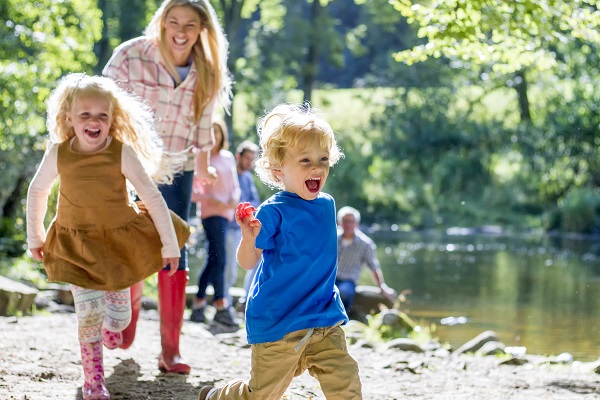
Intervention
It’s an obvious one, but stopping your child before they can take a lump out of anyone is key to stopping the behaviour in the long run.
Learn the signs
Watch your child closely and learn what their telltale sign is. Most children who bite will clench their teeth right before hand. As soon as you see your child preparing to bite, whisk them away from the situation with a firm ‘No’.
Praise them
For good behaviour obviously, and not just calling them ‘good’ every now and again. Be specific. Watch their behaviour, how they interact with their siblings or friends especially in their physicality. Exclaim over how ‘kind their hands are being to the baby’ or ‘what lovely sharing’ they are doing.
Experimenting
Some children begin to bite as a result of some tough teething times. Give them oral toys that they can bite to their heart’s content to soothe tender gums.
Frustration
Children will often lash out when they’re not getting their way or can’t cope with a situation. Try to think if anything has changed at home that would cause your child to become stressed or anxious, or ask their teacher at school or crèche if their routine has changed.
Reduce the effect
When your child bites, remove them from the situation and lavish attention on the victim. Your child may have started to bite for attention (even negative attention is attention at the end of the day) and the only way to teach them is to show that it doesn’t get them the good stuff if they bite.
Does your child bite? Have you any tips for suffering parents out there?
Take a look at these other toddler habits…you’re not alone!
maternity&infant
Originally posted 2018-01-25 09:48:57.








